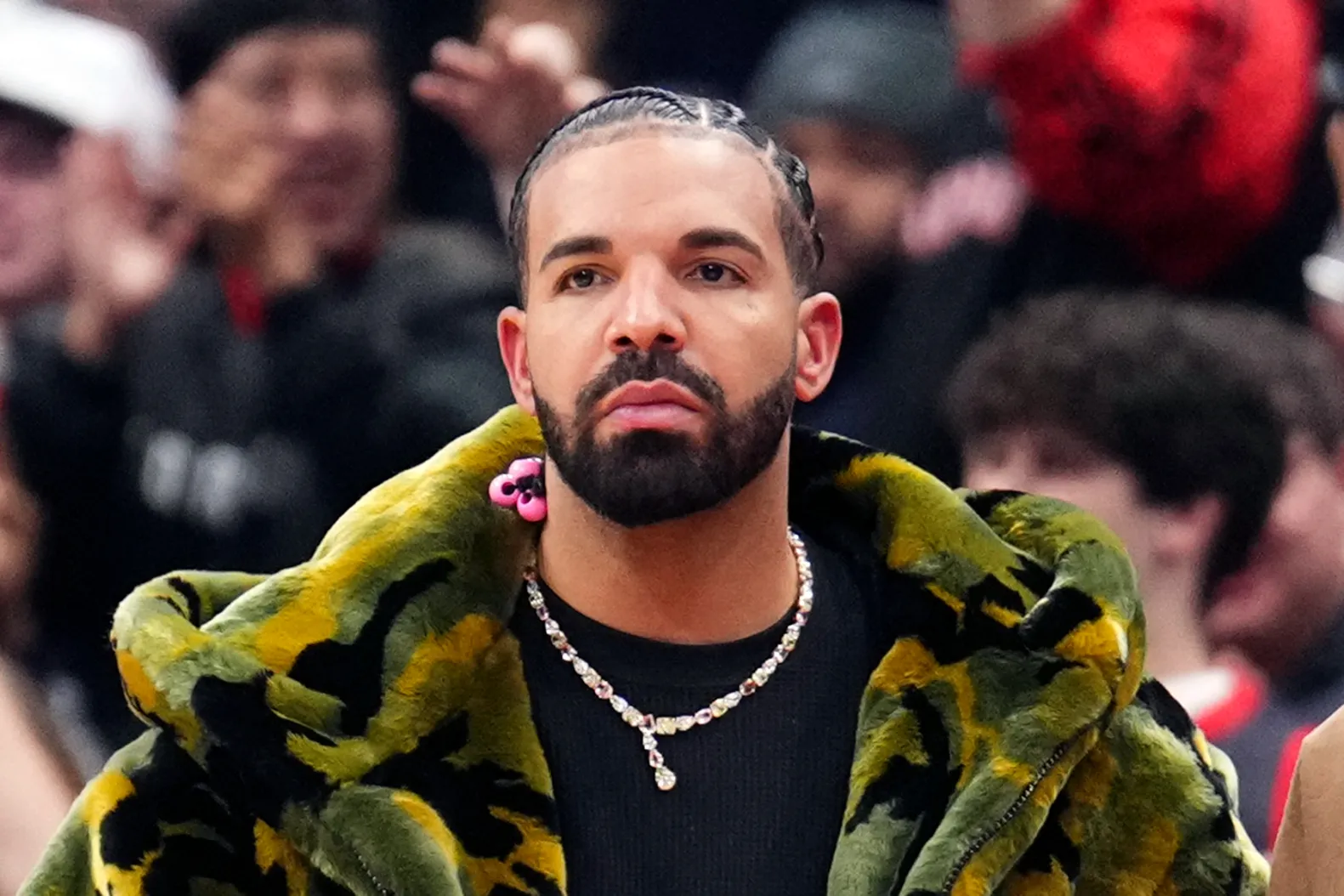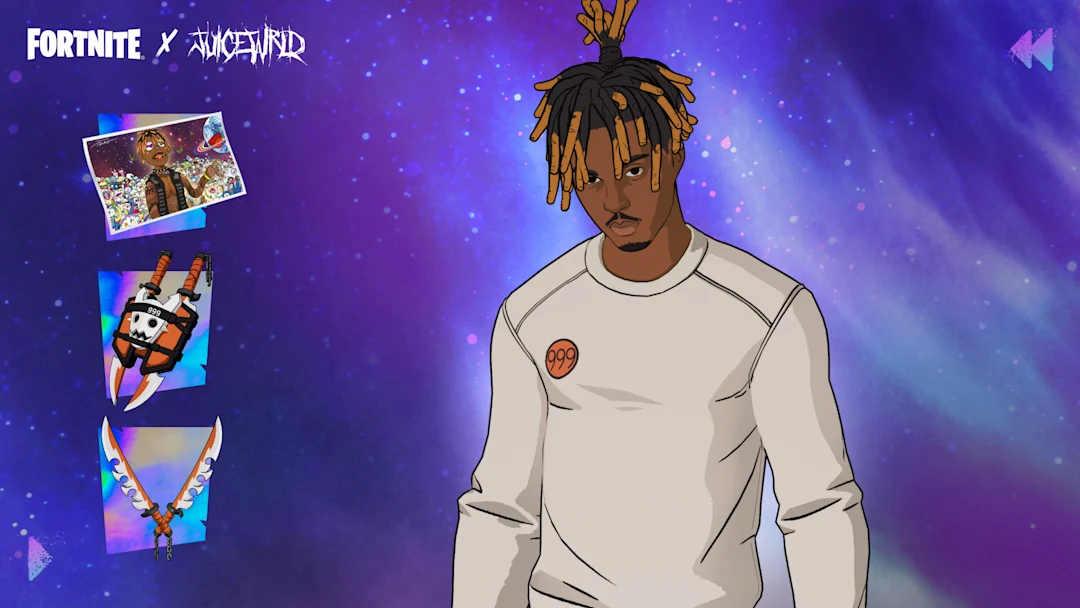In a dramatic escalation of their ongoing feud, Drake has filed a petition against Spotify and Universal Music Group (UMG), accusing the companies of unfair practices that artificially inflated the popularity of Kendrick Lamar’s track, Not Like Us. Filed in a New York court, the petition claims that UMG and Spotify collaborated to boost the song’s streaming numbers and radio presence to Drake’s detriment.
The petition alleges that UMG paid influencers, radio stations, and other entities to aggressively promote Not Like Us. Furthermore, Drake accuses the companies of employing bots to simulate streams, driving the song’s apparent success.
Central to Drake’s claims is the long-standing business relationship between UMG and Spotify. He asserts that UMG offered Spotify a significant discount—reportedly 30%—on licensing fees for Not Like Us in exchange for increased visibility and recommendation of the track to Spotify users.
“UMG’s choice to saturate the music market with Not Like Us comes at the expense of its other artists, like Drake,” the petition states, hinting at a broader pattern of favoritism.
A Battle of Titans in Rap
Drake and Kendrick Lamar, both titans in the rap genre, boast multiple Grammy wins and chart-topping hits. While their careers have intersected through collaborations in the past, tensions between the two artists have reached new heights this year, with each releasing tracks containing thinly veiled jabs.
The feud hit a peak with Lamar’s Not Like Us, which secured a two-week reign atop the Billboard Hot 100 and garnered over 900,000 Spotify streams. Drake argues that the song’s prominence was not entirely organic but rather the result of calculated corporate machinations.
Claims of Bias and Retaliation
Drake’s accusations extend beyond Spotify. He claims UMG engaged in similar practices with other streaming platforms, including Apple Music. As an example, the petition states that when users requested to play Drake’s Certified Lover Boy album via Siri, Apple Music instead played Not Like Us.
Moreover, the petition alleges that UMG retaliated against employees perceived to be loyal to Drake, terminating them or reassigning their roles.
UMG and Spotify Respond
While Spotify has yet to comment, UMG issued a statement, quoted by the Associated Press, strongly denying Drake’s accusations. “The suggestion that UMG would do anything to undermine any of its artists is offensive and untrue. We employ the highest ethical practices in our marketing and promotional campaigns. No amount of contrived and absurd legal arguments in this pre-action submission can mask the fact that fans choose the music they want to hear.”
Seeking Transparency
Drake’s filing is not yet a formal lawsuit but a request for discovery. He seeks to obtain evidence, including the identities of individuals allegedly paid by UMG and Spotify to promote and artificially stream Not Like Us.
“Every time a song ‘breaks through,’ it means another artist does not,” the petition states, emphasizing Drake’s belief that UMG’s actions harmed his career by prioritizing Lamar’s track over his own releases.
The Roots of the Feud
While the exact cause of the rift between the two artists remains unclear, their competitive tensions became public earlier this year when both began releasing tracks rife with insults aimed at one another. Drake’s accusations suggest that UMG may have played a pivotal role in stoking the flames of their rivalry by allegedly giving Lamar an unfair edge.
Industry Implications
If Drake’s allegations prove true, the case could have significant ramifications for the music industry, highlighting ethical concerns around streaming platforms and record label practices. Questions of fairness, transparency, and the influence of corporate relationships on the music charts would come under scrutiny.
For now, fans and industry watchers alike are left to wonder how this legal battle will unfold—and what it might reveal about the murky underpinnings of the modern music business.






